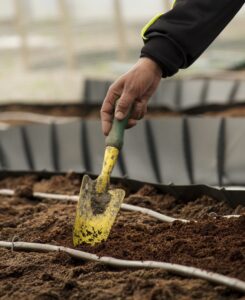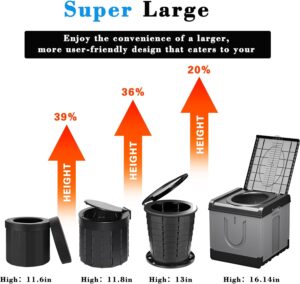In the endless quest for a more sustainable lifestyle, understanding the difference between composting and recycling is essential. Both processes play crucial roles in reducing our environmental footprint, but they operate in distinct ways. Composting turns organic waste, like food scraps and yard trimmings, into nutrient-rich soil that can enhance our gardens and landscapes. On the other hand, recycling takes materials such as paper, glass, and plastics, breaking them down and reprocessing them into new products. By recognizing and embracing the unique benefits of both practices, we can make more informed decisions that positively impact our planet. Have you ever wondered what the difference is between composting and recycling? We often hear these terms used interchangeably, but they actually refer to two distinct processes. Understanding the difference is key to making more environmentally friendly decisions in our daily lives. Let’s dive into the world of composting and recycling to see how they work and how they contribute to a sustainable future.
What is Composting?
Composting is a natural process that converts organic matter, such as food scraps and yard waste, into nutrient-rich soil. This soil, often called compost, helps plants grow by returning essential nutrients back to the earth. The process is facilitated by microorganisms, worms, and other decomposers that break down the organic material.
Types of Composting
There are several methods of composting, each with its own advantages and specific applications. Let’s explore the most common types:
- Aerobic Composting: This method uses oxygen to help break down organic matter. Aerobic composting requires turning the compost pile regularly to ensure that it gets enough air. This method is typically faster than anaerobic composting and produces compost within a few months.
- Anaerobic Composting: This process occurs in the absence of oxygen. It takes longer than aerobic composting and often produces strong odors. However, it requires less maintenance since the composting material does not need to be turned.
- Vermicomposting: This technique uses worms to break down organic waste. Worms (usually red wigglers) consume the waste and excrete nutrient-rich castings. Vermicomposting is ideal for small-scale composting, such as in urban apartments.
- Bokashi Composting: An anaerobic process that ferments organic waste using a special mixture of microorganisms. This method can compost meat and dairy, which are typically not suitable for traditional composting. The result is a pre-compost that requires further decomposition in soil.
Benefits of Composting
Composting offers numerous benefits for both the environment and our gardens. Here are a few key advantages:
- Reduces Landfill Waste: Composting diverts organic waste from landfills, reducing the volume of waste and decreasing methane emissions.
- Enriches Soil: Compost improves soil structure, promotes healthier plant growth, and increases water retention.
- Supports Microbial Activity: Compost acts as a habitat for beneficial microorganisms that support plant health.
- Reduces Need for Chemical Fertilizers: Compost provides essential nutrients to plants naturally, reducing the need for synthetic fertilizers.
What is Recycling?
Recycling is the process of converting waste materials into new products. This helps conserve resources, reduce pollution, and lower the demand for raw materials. Unlike composting, which deals exclusively with organic matter, recycling can handle a variety of materials, including plastics, metals, paper, and glass.
Types of Materials Recycled
Different materials require different recycling processes. Here’s a closer look at some commonly recycled materials:
- Plastics: Plastics are sorted by type, cleaned, and then melted down to create new products. The process can vary depending on the type of plastic.
- Paper: Recycled paper is cleaned, pulped, and reprocessed into new paper products. This includes cardboard, office paper, and newspapers.
- Glass: Glass is cleaned, crushed into cullet, and melted to form new glass products. Glass can be continually recycled without degradation.
- Metals: Metals like aluminum and steel are melted down and reformed into new products. Recycling metals is energy-efficient and conserves natural resources.
- Electronic Waste (E-waste): E-waste recycling involves safely extracting valuable materials from electronic devices, such as copper, gold, and rare earth metals.
Benefits of Recycling
Recycling has a multitude of benefits for both the environment and the economy. Here are some of the key advantages:
- Conserves Natural Resources: Recycling reduces the need for raw materials, preserving natural resources for future generations.
- Saves Energy: Producing products from recycled materials typically requires less energy than making them from raw materials.
- Reduces Pollution: Recycling decreases the amount of waste sent to landfills and reduces pollution from manufacturing processes.
- Creates Jobs: The recycling industry generates jobs in collection, processing, and manufacturing.
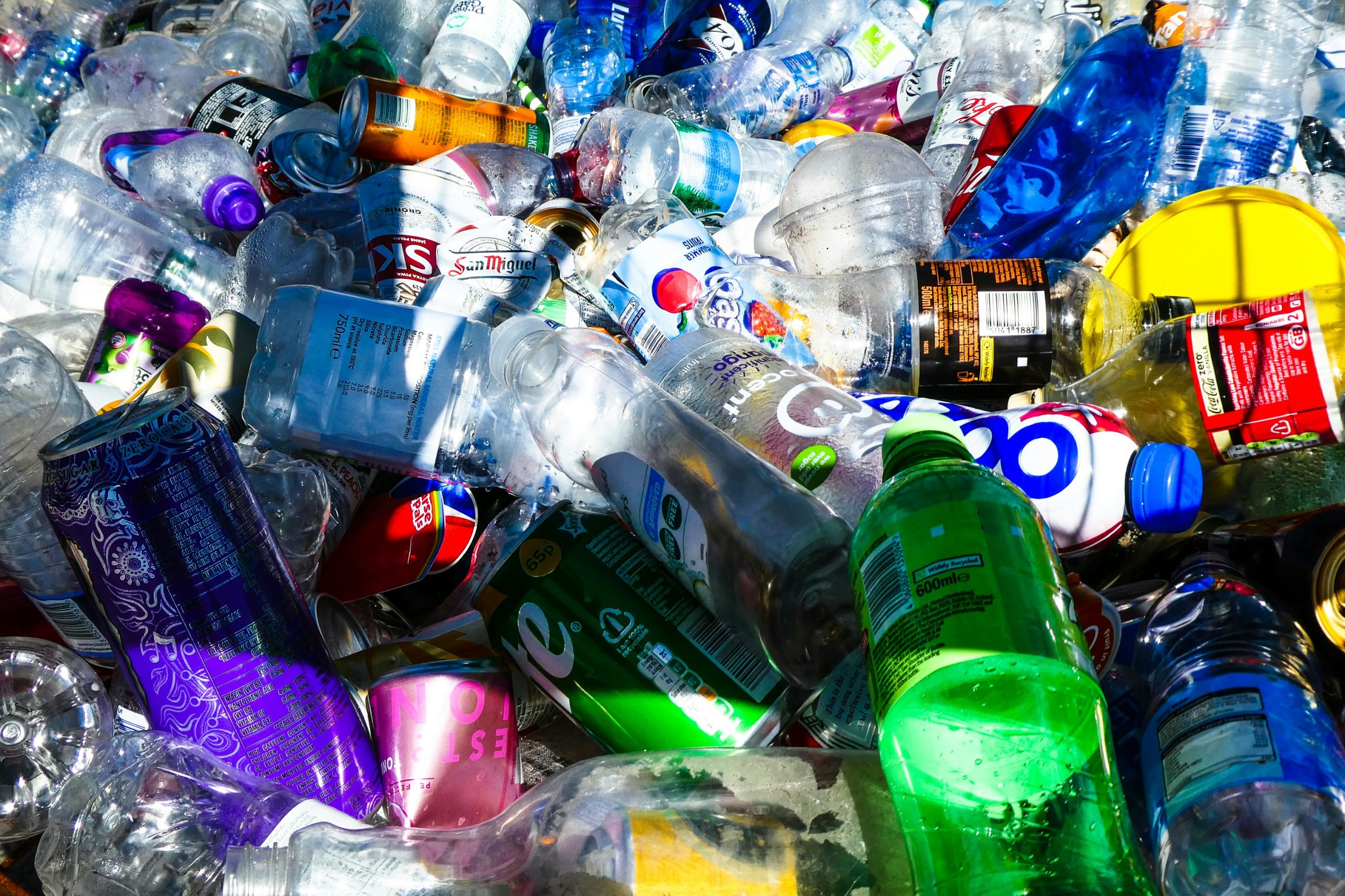
Key Differences Between Composting and Recycling
Although both composting and recycling aim to reduce waste and support sustainability, they differ fundamentally in their processes, scale, and types of materials they handle.
Source Materials
- Composting: Handles organic waste such as food scraps, yard waste, and biodegradable materials.
- Recycling: Manages a range of inorganic materials, including plastics, metals, paper, and glass.
End Products
- Composting: Produces nutrient-rich compost that enriches soil and supports plant growth.
- Recycling: Yields new products made from reclaimed materials, reducing the need for virgin resources.
Environmental Impact
- Composting: Reduces landfill waste and greenhouse gas emissions while improving soil quality.
- Recycling: Conserves natural resources, saves energy, and reduces pollution from manufacturing.
| Aspect | Composting | Recycling |
|---|---|---|
| Source Materials | Organic waste (food scraps, yard waste) | Inorganic materials (plastics, metals, paper, glass) |
| Process | Biological decomposition | Material reprocessing |
| End Products | Nutrient-rich compost | New products from reclaimed materials |
| Environmental Impact | Reduces landfill waste, enhances soil | Conserves resources, reduces pollution |
How to Decide Between Composting and Recycling
In some situations, it might not be immediately clear whether composting or recycling is the better option. Here are a few tips to help us make the right choice:
Assess the Type of Waste
First, determine the nature of the waste we are dealing with. Compost organic matter, such as food scraps and yard waste. Recycle inorganic materials like plastics, metals, paper, and glass.
Evaluate Local Facilities
Check local waste management programs to see what kinds of materials they accept for recycling and composting. Some municipalities offer curbside composting services, while others have designated recycling centers.
Consider Environmental Impact
Think about the environmental benefits of each option. Composting organic waste helps enrich the soil and reduce greenhouse gas emissions, while recycling conserves natural resources and decreases pollution.
Factor in Convenience and Space
Assess the practicality of composting versus recycling. Composting might require some space and regular maintenance, especially for larger amounts of waste. Recycling, on the other hand, often involves sorting materials and taking them to recycling centers.
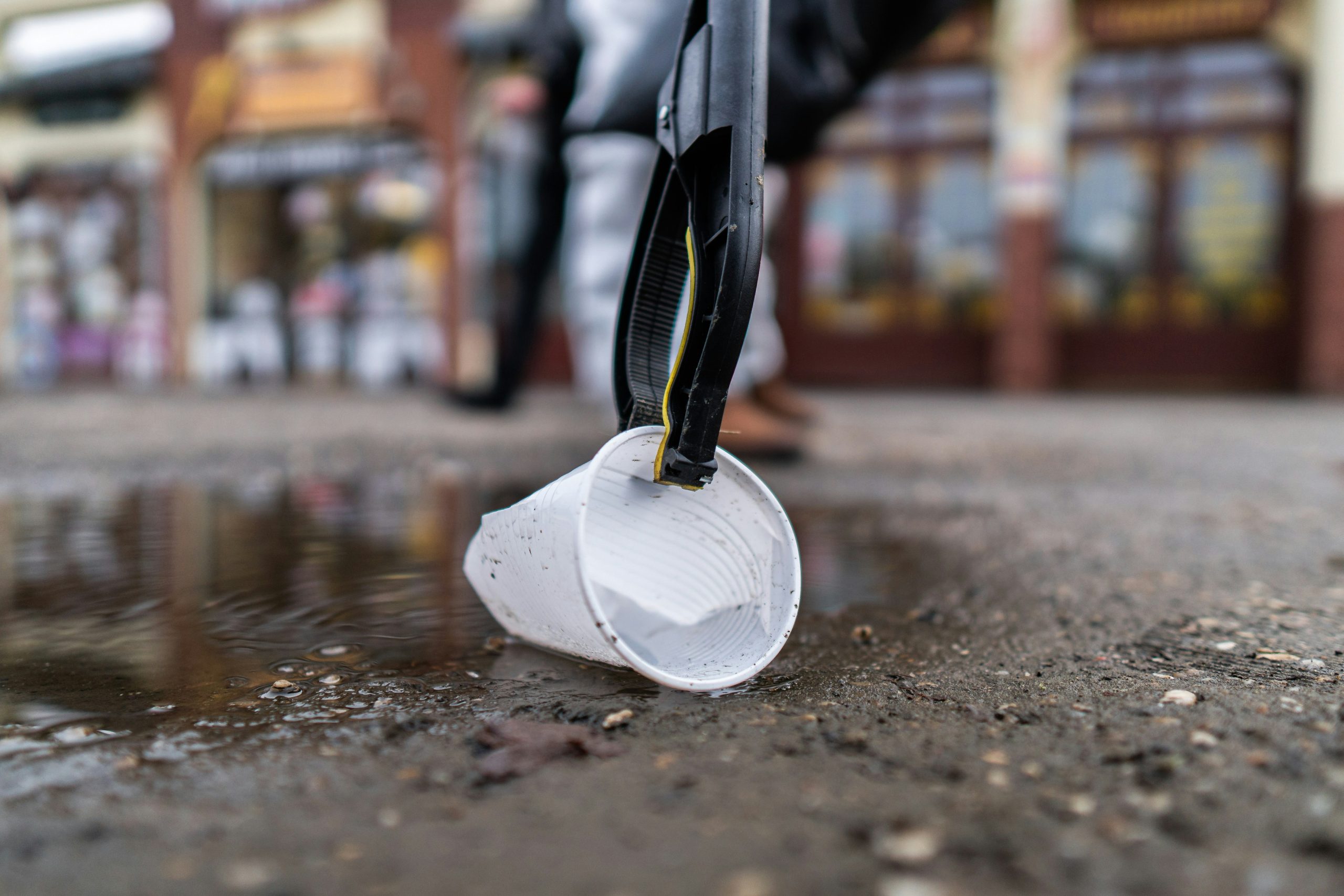
Common Misconceptions About Composting and Recycling
Even though most of us want to do our part for the environment, there are common misunderstandings about composting and recycling that can hinder our efforts. Let’s debunk some myths:
Misconception 1: All Items with Recycling Symbols Can Be Recycled
Not all items that have a recycling symbol can be recycled in every recycling program. The numbers inside the recycling symbol indicate the type of plastic, and not all recycling centers accept every type. Always check local guidelines.
Misconception 2: Composting is Only for Gardeners
Composting isn’t just for people with gardens. Even apartment dwellers can compost using methods like vermicomposting or city-wide composting programs that offer drop-off points for organic waste.
Misconception 3: Recycling and Composting are Complicated and Time-Consuming
Both recycling and composting can be simplified by setting up systems that fit our lifestyles. Designate bins for different types of recyclable materials and organic waste. Create a routine to manage waste effectively.
Misconception 4: Biodegradable Plastics Can Be Composted
Biodegradable plastics often require specific industrial conditions to break down and may not compost correctly in home composting systems. Always follow guidelines for proper disposal.
Tips to Improve Composting and Recycling Habits
Achieving a minimal waste lifestyle requires consistency and dedication. Let’s look at some practical tips to help us improve our composting and recycling habits:
Composting Tips
- Choose the Right Composting Method: Select the composting technique that best suits our lifestyle (e.g., aerobic, anaerobic, vermicomposting).
- Balance Green and Brown Materials: Aim for a good mix of green nitrogen-rich materials (like food scraps) and brown carbon-rich materials (like leaves and cardboard).
- Maintain Moisture Levels: Keep the compost pile moist but not soaked to ensure the microorganisms can work effectively.
- Turn the Pile Regularly: If practicing aerobic composting, turning the pile helps add air and speed up the decomposition process.
Recycling Tips
- Clean Recyclables: Rinse out food containers to prevent contamination.
- Sort Materials Correctly: Follow local guidelines to sort recyclables. Mixing different types of materials can make the recycling process more difficult.
- Stay Updated: Recycling guidelines can change, so it’s important to stay informed about what can and cannot be recycled in our area.
- Reduce and Reuse: Before recycling, consider if the item can be reused or repurposed in any way.
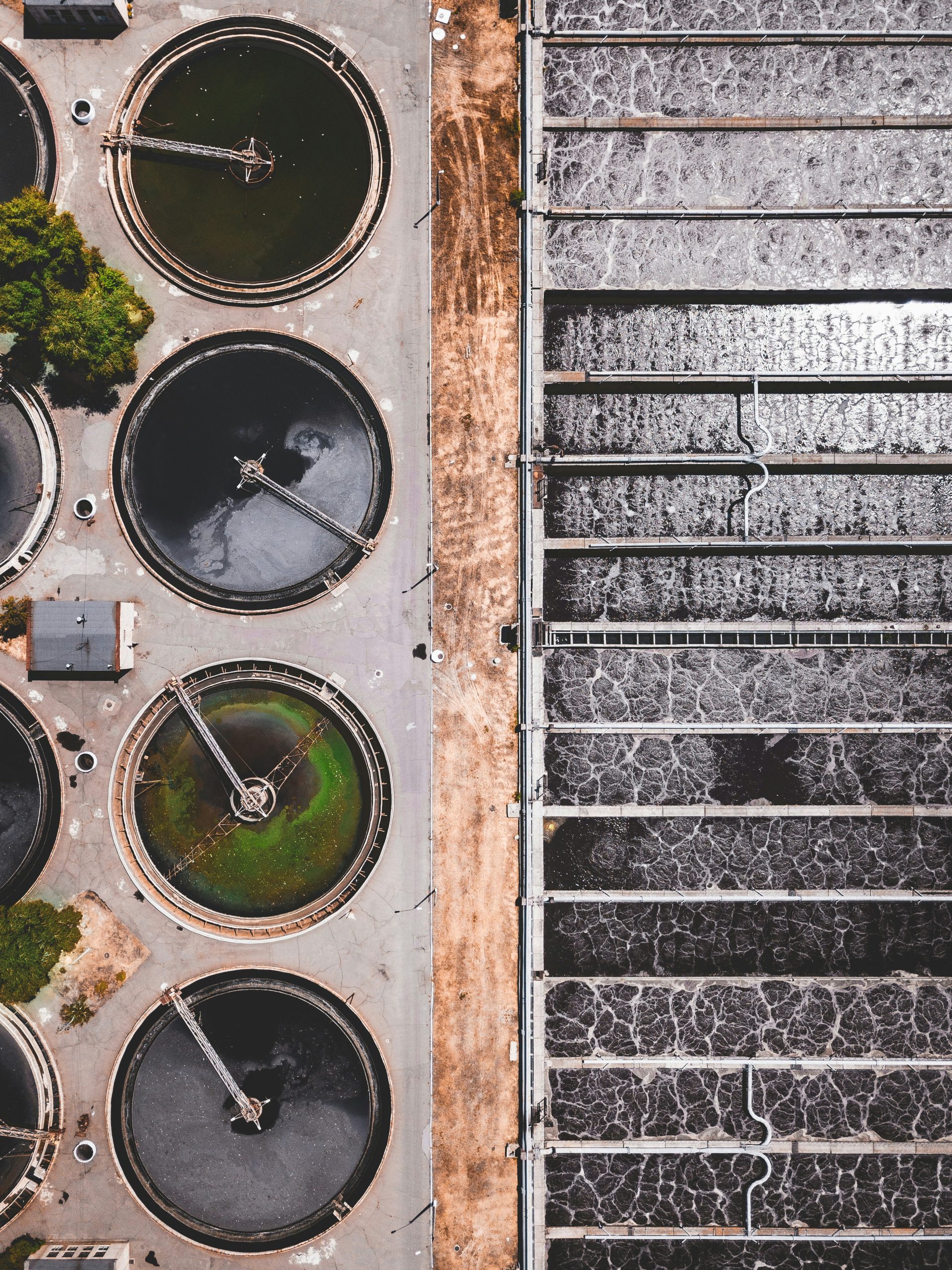
Challenges and Future of Composting and Recycling
While composting and recycling offer many benefits, they also face challenges that need to be addressed for more sustainable waste management practices.
Challenges in Composting
- Contamination: Non-compostable items mistakenly added to compost bins can contaminate the process.
- Lack of Awareness: Not everyone is aware of composting benefits or how to compost correctly.
- Limited Facilities: Not all communities have accessible composting facilities.
Challenges in Recycling
- Contamination: Improperly sorted or dirty recyclables can disrupt the recycling process.
- Market Fluctuations: The recycling market can be unstable, affecting the economic viability of recycling programs.
- Complexity of Materials: Mixed materials and certain plastics can be difficult to recycle efficiently.
Future Considerations
Advancements in technology and increased awareness offer hope for the future of composting and recycling. Innovations like smart sorting systems, biodegradable packaging, and improved composting methods can help address current limitations. Encouraging community involvement and education will be key to fostering a more sustainable approach to waste management.
Conclusion
In conclusion, composting and recycling are vital processes that play unique yet complementary roles in waste management. By understanding the differences between the two, we can make more informed decisions that contribute to environmental sustainability. Whether it’s enriching the soil with compost or saving resources through recycling, every effort counts toward a cleaner, healthier planet. So let’s roll up our sleeves and commit to better composting and recycling practices in our daily lives. By doing so, we not only reduce waste but also pave the way for a greener future.

